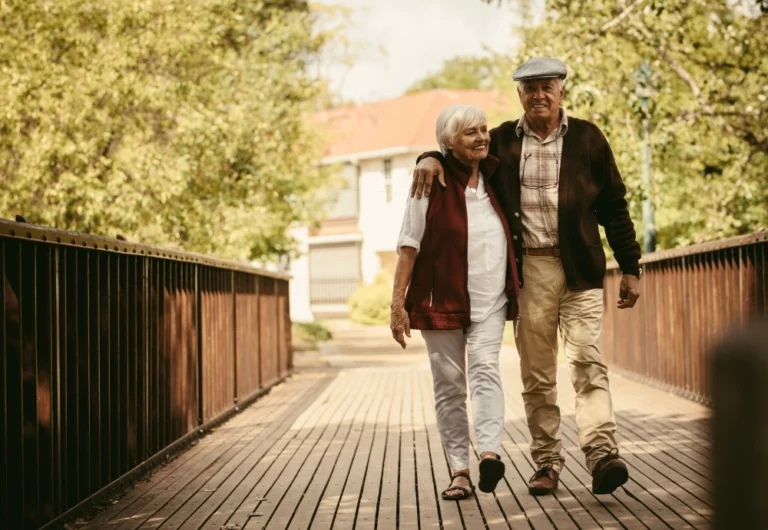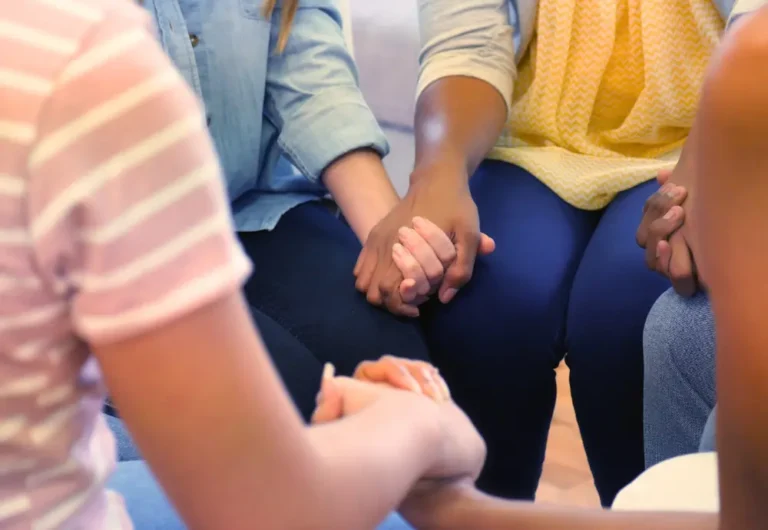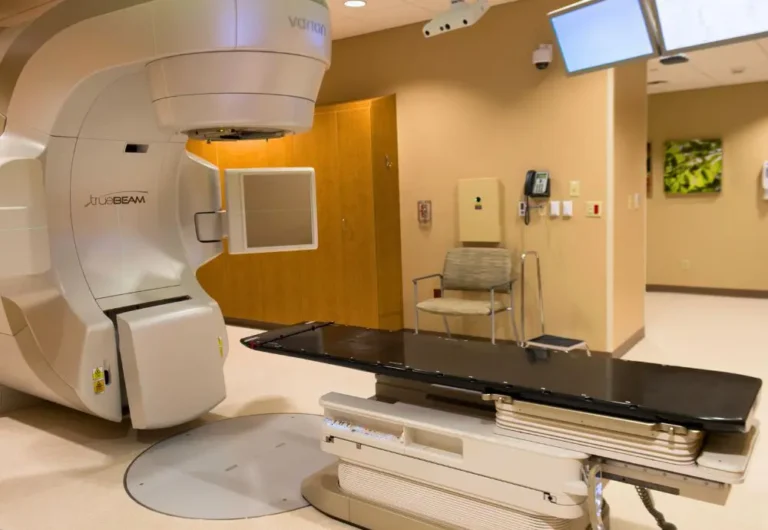More cancer patients are being cured than ever before because of early detection and improved treatments. Survivorship begins the moment a person is diagnosed with cancer and lasts throughout his or her lifetime. It is a unique journey for each person. There is no right or wrong way to be a cancer survivor. Many survivors experience a change in his or her life priorities, including relationships, family, career or lifestyle. Some appreciate life more while others become more anxious and uncertain.
Though going through cancer treatment can be difficult, many survivors find the time period after treatment to be the hardest part of the journey. Appointments are less often, there is less contact with the oncology staff and sometimes more fears about recurrence surface. Family and work relationships may be tested during this time. Many wonder if they will ever feel “normal” again.
Survivors still need regular appointments with the oncology staff, with an emphasis on survivors’ unique needs. Treatment-related side-effects may linger. There may be periodic tests needed for certain cancers (such as mammography, endoscopy, CT scans, or blood tests). Establishing a healthy lifestyle becomes more important than ever, and survivors need support for weight loss, exercise, dietary changes, and smoking cessation. Emotional and psychological support is also very important. Some of this comes from maintaining a relationship with healthcare providers and learning the medical facts about one’s cancer. But the value of cancer-specific support groups, behavioral health counselors, spiritual counseling, and community cannot be overstated. Building relationships with others who have a cancer history can help during your survivorship.
Remember, the survivorship journey starts at the time of diagnosis and lasts a lifetime. This is your journey and you are never alone.








